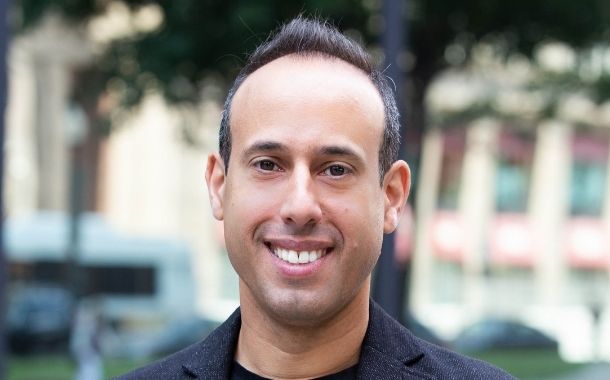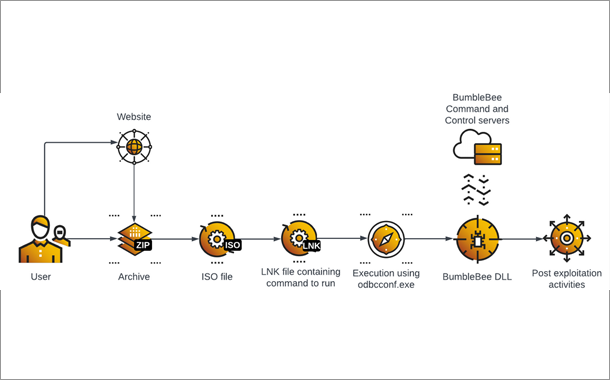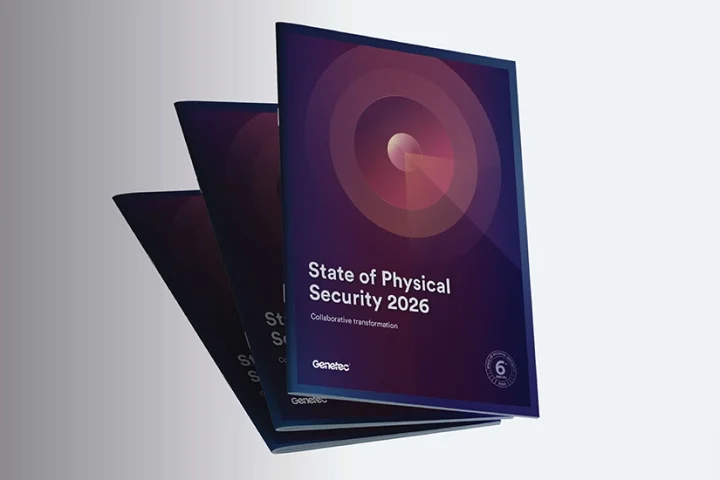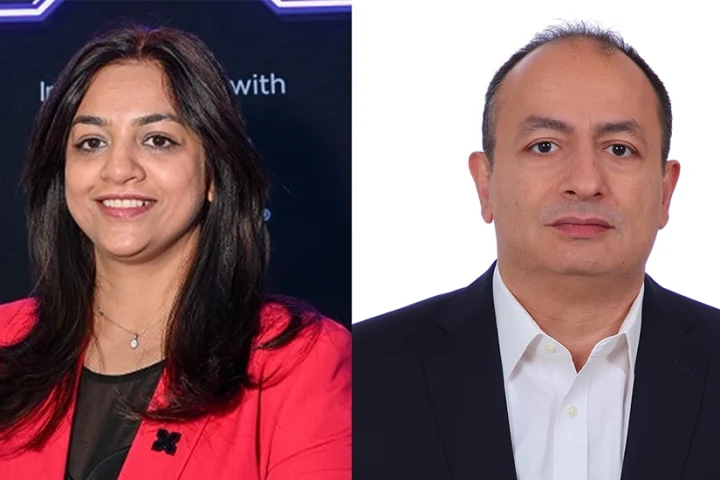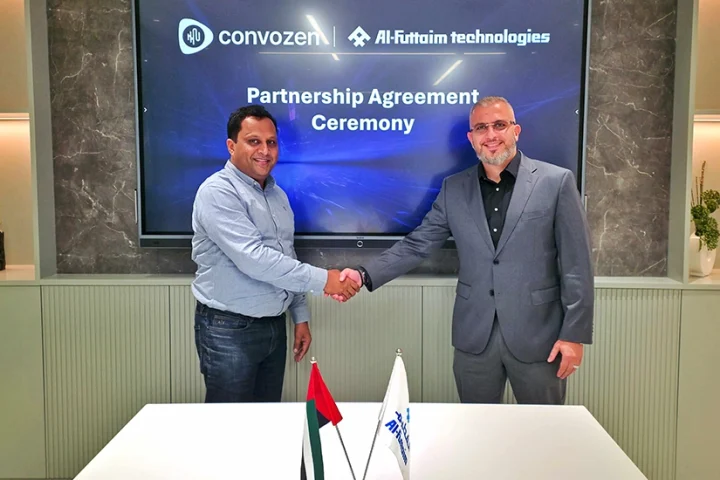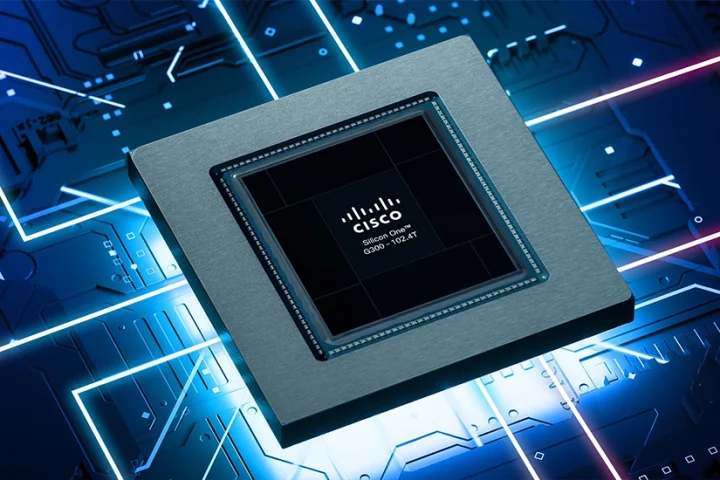Cybereason, the XDR company, announced it has discovered previously unidentified malware variants being leveraged in two separate Iranian state-sponsored cyberespionage operations targeting a wide range of organizations in multiple global regions. One of the malicious operations is deploying ransomware against targets following data exfiltration in order to inflict damage to systems as well as to hamper forensic investigations, and the other showed a connection to the recently documented Memento ransomware.
This research closely follows an announcement by US Cyber Command’s Cyber National Mission Force regarding multiple open-source tools being abused by Iranian threat actors, with Cybereason researchers having similarly observed open-source tools abused in both of the Iranian attack campaigns investigated.
Cybereason researchers discovered a previously undocumented remote access trojan dubbed StrifeWater that the company attributes to Iranian threat actor Moses Staff. This APT has been observed targeting organizations in the US, Israel, India, Germany, Italy, United Arab Emirates, Chile and Turkey in order to further the geopolitical goals of the Iranian regime. After infiltrating an organization and exfiltrating sensitive data, the attackers deploy destructive ransomware to cause operational disruptions and make the task of forensic investigation more difficult.
Newly discovered StrifeWater RAT and PowerLess Backdoor highlight recent uptick in Iranian cyber offensive operations
Key Findings
- Novel Remote Access Trojan (RAT): The previously undocumented StrifeWater RAT is used in the initial phase of infection and is later replaced with other tools, a tactic used to allow the malware to remain undiscovered until now.
- Various Functionality: The StrifeWater RAT capabilities include: listing system files, executing system commands, taking screen captures, creating persistence and downloading updates and auxiliary modules.
- State-Sponsored Ransomware: Moses Staff employs ransomware post-exfiltration–not for financial gain, but to disrupt operations, obfuscate espionage activity, and to inflict damage to systems to advance Iran’s geopolitical goals.
The PowerLess Backdoor Report
Cybereason researchers discovered a new set of tools developed by the Phosphorus group (AKA Charming Kitten, APT35) that includes a novel PowerShell-based backdoor dubbed PowerLess. Cybereason also observed an IP address used in the attacks that was previously identified as part of the command and control (C2) for the recently documented Memento ransomware. Phosphorus is known for attacking medical and academic research organizations, human rights activists, the media sector, for exploiting known Microsoft Exchange Server vulnerabilities and for attempting to interfere with US elections.
Key Findings
- Novel PowerShell Backdoor: The previously undocumented backdoor PowerLess includes additional payloads including a keylogger and an info stealer.
- Evasive PowerShell Execution: The PowerShell code runs in the context of a .NET application, so it does not launch “powershell.exe” which enables it to evade security products.
- Modular Malware: The toolset analyzed includes extremely modular, multi-staged malware that decrypts and deploys additional payloads in several stages for the sake of both stealth and efficacy.
- Shared IOCs with Memento Ransomware: One of the IP addresses serves a domain which is being used as command and control (C2) for the recently discovered Memento Ransomware.
- Use of Publicly Available Exploits: The Phosphorus Group has been observed exploiting vulnerabilities in Microsoft Exchange (ProxyShell) and Log4j (Log4Shell).
“These campaigns highlight the blurred line between nation-state and cybercrime threat actors, where ransomware gangs are more often employing APT-like tactics to infiltrate as much of a targeted network as possible without being detected, and APTs leveraging cybercrime tools like ransomware to distract, destroy and ultimately cover their tracks,” said Cybereason co-founder and CEO Lior Div. “For Defenders in the private sector, there is no longer a significant distinction between nation-state adversaries and sophisticated cybercriminal operations. That’s why it is crucial for us as Defenders to collectively improve our detection and prevention capabilities if we are going to keep pace with these evolving threats.”


